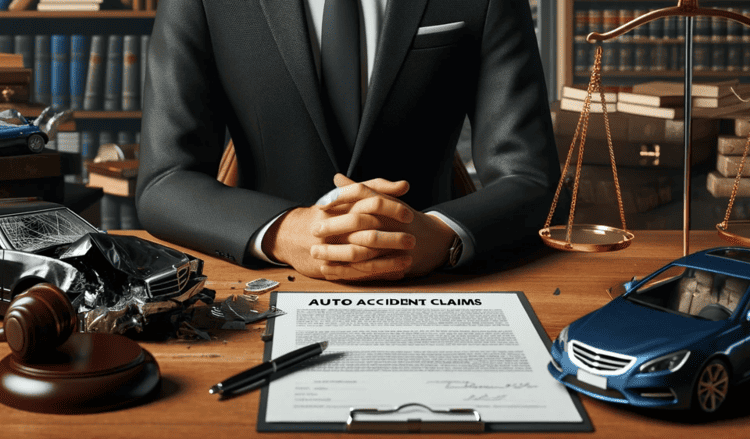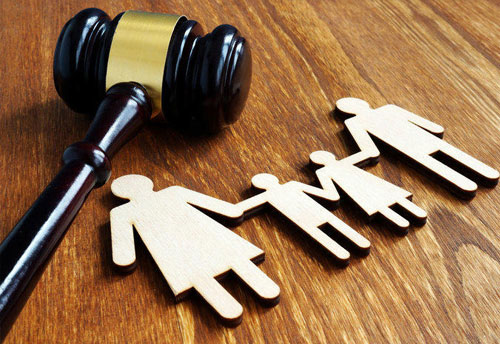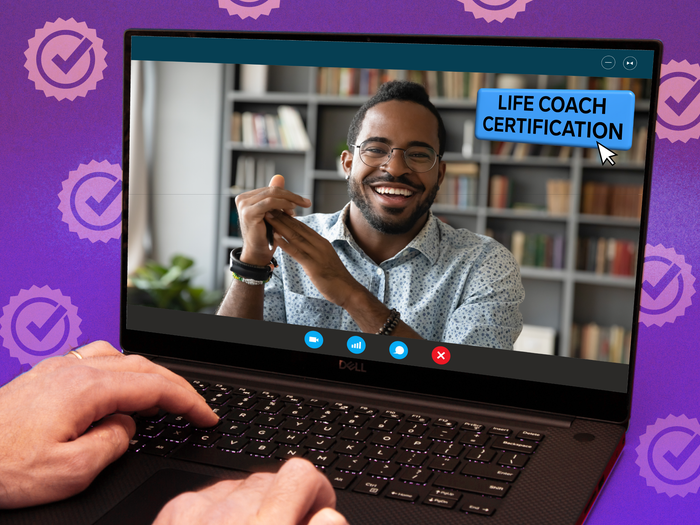A domestic violence charge can be a difficult and confusing experience, leaving many people in California unsure of their legal options. Finding the best domestic violence attorney can be crucial to navigating the legal process and protecting your rights.
Toc
- 1. Understanding California Domestic Violence Law
- 2. Identifying Potential Legal Defenses
- 3. Related articles 01:
- 4. Finding the Right Attorney: Essential Qualities to Look For
- 5. Understanding the Consequences of a Domestic Violence Conviction
- 6. Frequently Asked Questions
- 7. Related articles 02:
- 8. Conclusion
Understanding California Domestic Violence Law

Domestic violence in California is broadly defined as any form of abuse or threats of abuse between individuals in an intimate relationship. This can include spouses, domestic partners, dating partners, or even close family members. The types of abuse recognized under California law encompass physical, emotional, sexual, psychological, and economic abuse, as well as stalking and cyberstalking.
The consequences of a domestic violence conviction can be severe and long-lasting. These may include:
Jail Time
A conviction could lead to incarceration, which might range from a few days to several years, depending on the severity of the offense and any prior criminal history. Beyond jail time, individuals may face hefty fines, mandatory participation in batterer intervention programs, restraining orders, and loss of custody or visitation rights. Additionally, a domestic violence conviction can have profound impacts on one’s future employment opportunities, as it often appears on background checks.
Legal Defenses for Domestic Violence Charges
Individuals accused of domestic violence have several potential defenses that could be explored in court. Self-defense is one such defense where the accused may argue they acted to protect themselves from immediate harm. Another defense could be the lack of evidence, where the prosecution’s case relies on insufficient or unreliable evidence. In some scenarios, an attorney may argue that their client was falsely accused or that the injuries were accidental. Working with a knowledgeable attorney can help in developing a strong defense strategy tailored to the specifics of the case.
Finding the Right Domestic Violence Attorney
Choosing the right attorney is crucial for navigating the complexities of domestic violence charges. An experienced attorney will not only understand the nuances of California’s domestic violence laws but also be adept at handling negotiation and litigation. It’s essential to seek an attorney who demonstrates compassion, professionalism, and commitment to defending their clients’ rights throughout the legal process. This includes thorough investigation, presenting evidence that supports the defense, and aggressively challenging the prosecution’s claims.
The Importance of Early Legal Intervention
Prompt legal intervention can be a game-changer when facing domestic violence charges. Early action by an experienced domestic violence attorney can identify critical evidence and witness testimony that may be pivotal to the defense. Initiating defense strategies immediately also enables the attorney to address any restraining orders or pre-trial conditions that could affect the accused’s daily life. Moreover, having legal representation from the outset can help mitigate the emotional and psychological stress of the situation, providing clear guidance on how to proceed and maintain compliance with the law during this challenging time.
Impact on Family and Personal Life
A domestic violence charge not only affects the accused but can also have profound implications for family dynamics and personal relationships. Children caught in the midst of these accusations may experience emotional turmoil, leading to a strained parent-child relationship. Additionally, the social stigma and community perceptions associated with domestic violence charges can lead to isolation and the loss of friends and support networks. These ramifications make it essential for those involved to seek counseling and community support alongside their legal battles to help rebuild trust and relationships.
Identifying Potential Legal Defenses
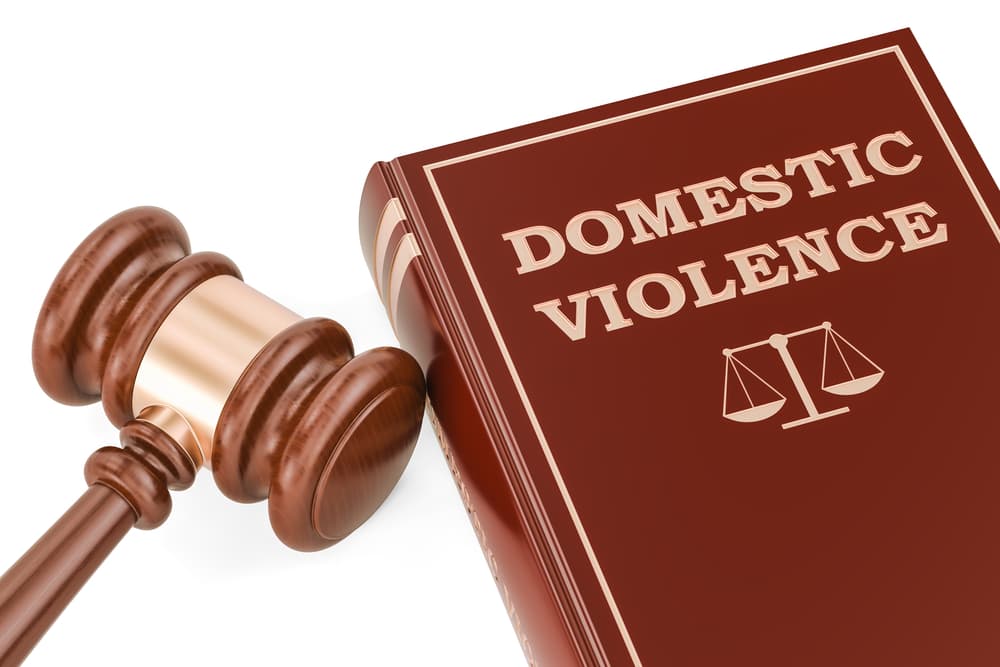
Building a robust defense strategy is vital when facing domestic violence charges. Here are some common legal defenses that can be employed:
False Accusations
Accusations of domestic violence can sometimes stem from personal vendettas or misunderstandings. A skilled attorney can gather evidence, interview witnesses, and challenge the credibility of the accuser to demonstrate that the allegations are unfounded. False accusations may arise from a variety of situations, such as custody disputes, financial disagreements, or even jealousy. It’s crucial to have an attorney who can effectively counter these claims.
Self-Defense
If you can establish that you reasonably believed you were in imminent danger and used only the necessary force to protect yourself, this can be a valid defense. Your attorney will analyze the incident’s circumstances to present a compelling case. For instance, if you were provoked or attacked first, demonstrating that your reaction was a means of self-preservation can be a powerful defense.
Accidental Injury
In some instances, injuries that appear to be the result of domestic violence may have been purely accidental. An effective attorney can work to prove that the harm was unintentional, potentially leading to reduced charges or even dismissal. This defense is particularly relevant in cases where the injuries are minor or where there is a lack of evidence to suggest intentional harm.
1. https://cacaocafenewjersey.com/archive/259/
2. https://cacaocafenewjersey.com/archive/255/
3. https://cacaocafenewjersey.com/archive/322/
Lack of Evidence
Many domestic violence cases rely heavily on witness testimony rather than physical evidence. If the prosecution’s case is weak, your attorney may successfully challenge the charges based on insufficient proof beyond a reasonable doubt. An experienced attorney will scrutinize the evidence presented against you and look for inconsistencies or gaps that can be exploited in your defense.
Seeking Counseling and Support Services
Navigating the aftermath of domestic violence charges can be a daunting process, not just legally but emotionally and psychologically as well. It is important for individuals involved to seek counseling and support services to help process the emotional strain and begin the healing journey. Counseling provides a confidential space to discuss personal issues, manage stress, and work through relationship challenges. Additionally, support groups can offer a sense of community and solidarity, connecting individuals with others who have shared similar experiences. These groups can provide practical advice, emotional support, and resources that can aid in coping with the pressures that come with domestic violence allegations. Engaging with these services can also help in rebuilding trust and communication within affected families, ultimately contributing to a more stable and supportive environment for all parties involved.
Finding the Right Attorney: Essential Qualities to Look For
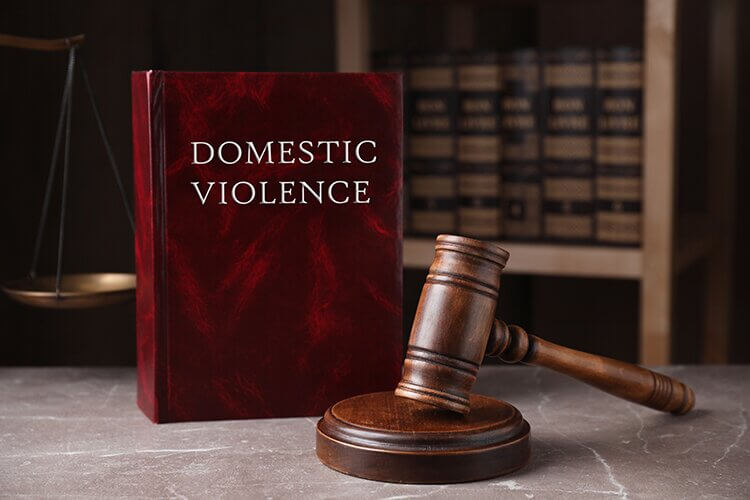
Choosing the right attorney is crucial for your case’s success. Here are some key qualities to consider when searching for the best domestic violence attorney in California:
Extensive Experience
Experience is a significant factor in selecting an attorney because it directly influences their ability to navigate the complexities of domestic violence cases. An attorney with extensive experience will have a proven track record of handling similar cases and understand the subtleties of domestic violence law, which can be a distinct advantage in court. They are more likely to anticipate challenges and devise effective strategies to address them. Additionally, an experienced attorney will be familiar with the local court system, judges, and prosecutors, which can aid in negotiating favorable outcomes and making informed decisions throughout the legal process. This expertise today can be the difference between a successful defense and adverse legal consequences.
In-Depth Knowledge of the Law
A thorough understanding of domestic violence laws and legal procedures is imperative for an attorney handling such cases. This encompasses familiarity with both state and federal regulations governing domestic violence, as well as recent legal precedents that may impact the outcome of a case. An attorney who is well-versed in the nuances of legal statutes relevant to domestic violence can craft more precise and persuasive arguments, ensuring that all possible defenses are explored. This knowledge also assists in advising clients about their rights and potential options, preparing them for what to expect during each stage of the legal proceedings. Moreover, an attorney with comprehensive legal knowledge can more effectively challenge evidence, cross-examine witnesses, and leverage any weaknesses in the prosecution’s case. Therefore, selecting an attorney with in-depth legal expertise is a critical step in achieving the best possible legal outcome.
Strong Communication Skills
Effective communication is an essential skill for any attorney, particularly in domestic violence cases where emotions and stakes are high. An attorney with strong communication skills can clearly articulate complex legal concepts in understandable terms, keeping clients informed at every step of the case. They can also effectively negotiate with prosecutors, presenting compelling arguments and persuasively advocating for their client’s interests. Importantly, attorneys need to listen to their clients’ narratives, understand their perspectives, and provide empathetic, prompt responses. This open line of communication fosters a strong attorney-client relationship, ensuring that clients feel supported and confident in the legal strategies being undertaken on their behalf.
Client-Centered Approach
A client-centered approach is crucial for an attorney in the realm of domestic violence cases, as it prioritizes the needs and interests of the client above all else. This approach involves tailoring legal strategies to fit the unique circumstances and goals of each client rather than employing a one-size-fits-all methodology. A client-centered attorney actively involves clients in the decision-making process, ensuring they understand and approve of the approaches being pursued. This methodology not only empowers clients but also instills a sense of agency in a situation where they might otherwise feel powerless. Furthermore, a client-centered lawyer will provide personalized support, considering the emotional and psychological challenges clients face throughout legal proceedings. They strive to reduce stress and unforeseen obstacles by being adaptable, attentive, and responsive to clients’ evolving needs. Ultimately, a client-centered approach helps build trust and confidence, leading to more positive experiences and outcomes in what can be a difficult and distressing time.
Understanding the Consequences of a Domestic Violence Conviction

If you’re found guilty of domestic violence in California, the consequences can be severe and long-lasting. Understanding these potential repercussions is essential for making informed decisions about your legal representation and strategy.
Criminal Penalties
As mentioned earlier, you could face significant jail time, fines, and a permanent criminal record. These penalties can vary depending on the severity of the charges and whether there are prior offenses. For instance, a first-time misdemeanor conviction may result in less severe consequences than a felony conviction for repeat offenders.
Impact on Employment and Housing
A domestic violence conviction can have far-reaching effects on your personal and professional life. Many employers conduct background checks, and a conviction can hinder your job prospects. Additionally, landlords may be hesitant to rent to someone with a criminal record, making it challenging to secure housing.
Family Law Implications
Domestic violence allegations can complicate custody and visitation arrangements if children are involved. Courts take these accusations seriously, and they can impact your parental rights. A conviction may result in supervised visitation or even loss of custody.
Immigration Consequences
For non-citizens, a domestic violence conviction can jeopardize immigration status. It may lead to deportation or prevent you from obtaining citizenship. Consulting with an attorney who understands both criminal and immigration law is crucial for navigating these complexities.
Frequently Asked Questions
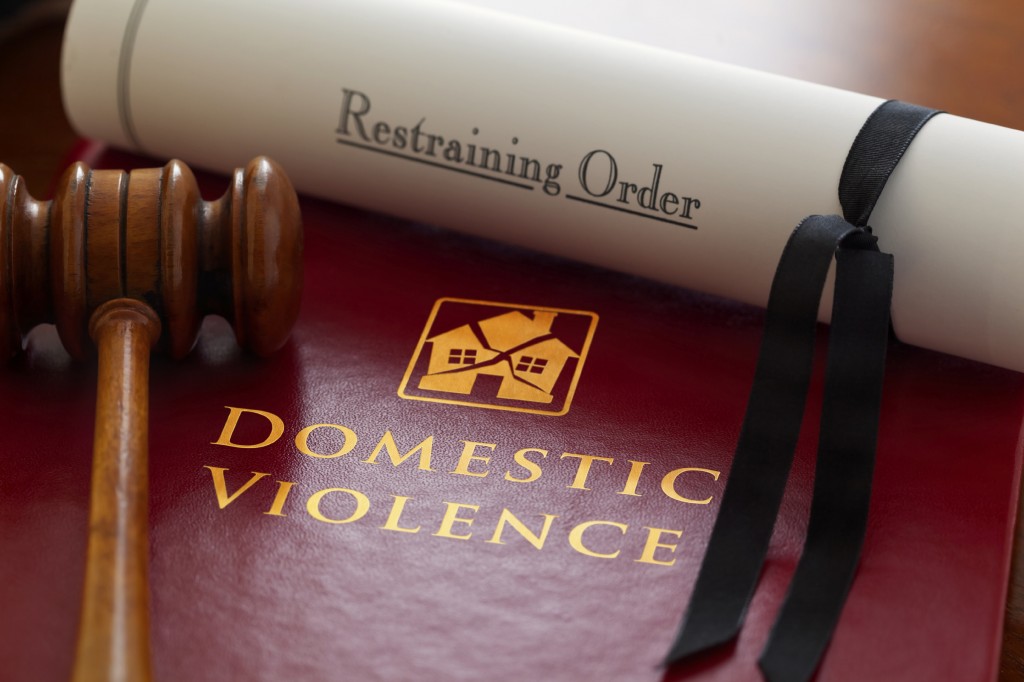
1. https://cacaocafenewjersey.com/archive/255/
2. https://cacaocafenewjersey.com/archive/257/
3. https://cacaocafenewjersey.com/archive/323/
Q1: What are the signs that I need a domestic violence attorney?
Common signs include being arrested or investigated for domestic violence, receiving a restraining order, or facing ongoing abuse or threats. If uncertain, consulting with an attorney can clarify your rights and options.
Q2: How much does it cost to hire a domestic violence attorney?
The cost can vary widely based on the case’s complexity, the attorney’s experience, and your location. Many attorneys offer free initial consultations and may provide flexible payment plans. Discuss fees during your first meeting to avoid surprises.
Q3: Can I represent myself in a domestic violence case?
While self-representation is possible, it is generally unwise due to the complexity of domestic violence laws and the serious implications of a conviction. An experienced attorney can navigate the legal system and develop effective defense strategies.
Q4: What happens if I am found guilty of domestic violence?
Guilty verdicts can lead to severe consequences, including jail time, fines, a permanent criminal record, and restrictions on firearm ownership. The impact on employment and housing can also be significant.
Q5: What should I do if I am a victim of domestic violence?
Prioritize your safety by contacting law enforcement, considering a restraining order, and reaching out to local support services. An attorney can also assist in navigating your legal options for protection and justice.
Conclusion
Facing domestic violence charges in California can be a daunting experience, but with the right legal representation, you can navigate the process effectively and achieve the best possible outcome. Understanding the law, identifying potential defenses, and finding the best domestic violence attorney to advocate for your rights are essential steps in reclaiming control of your life.
If you or someone you know is confronting domestic violence charges in California, don’t hesitate to reach out to a qualified attorney for a consultation. Your future and your freedom may depend on it. By taking proactive steps and seeking the right legal support, you can work towards a resolution that protects your rights and secures your future.


